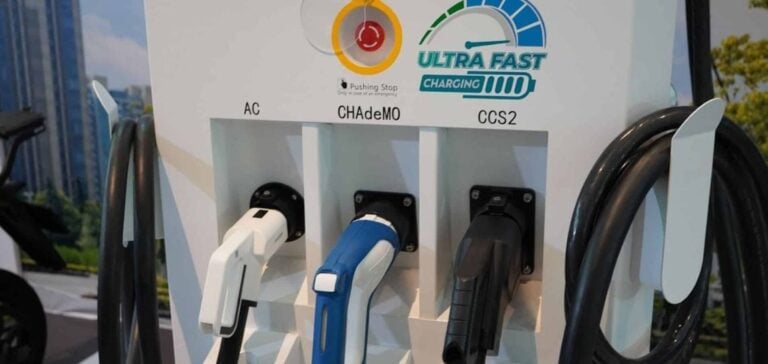Energy and electric mobility professionals are concerned about the growing complexity of pricing for ultra-fast charging stations in France.
Although over 14,000 charging stations have been deployed, users are confronted with fluctuating costs that are difficult to understand.
The lack of pricing transparency is hindering the adoption of electric vehicles, a crucial issue for the sector.
The average price of an ultra-fast charge, set at 21.35 euros for 40 kWh in the first half of 2024, conceals a more complex reality.
Operators apply a variety of billing methods, sometimes combining kilowatt-hour and per-minute pricing.
This diversity of pricing models creates a wide variability in costs, which can reach 26.40 euros for the same recharge, depending on the specific conditions of use.
Regulation needed to standardize practices
The French Competition Authority has highlighted a critical information problem for users, who find it difficult to compare prices before and after recharging.
To remedy this situation, the Autorité proposes imposing a kilowatt-hour tariff, irrespective of the time spent at the charging station, and requiring operators to update prices in real time.
These recommendations aim to establish a standard that would facilitate access to the necessary information for consumers and professionals in the sector.
The need for transparency becomes all the more pressing as the market continues to grow.
Standardized pricing practices could not only reduce barriers to fleet electrification, but also improve the competitiveness of the various players by providing a clear and accurate basis for comparison.
Cost impact on freeways: a barrier to transition
Freeways represent a special case where charging poses significant challenges.
According to TotalEnergies, the average cost of recharging on these roads is 19.75 euros per 100 kilometers, often higher than for internal combustion vehicles.
This difference is mainly due to the high cost of building and maintaining charging stations, as well as the commissions levied by freeway companies, which can reach 18% of the sales generated by charging.
These commissions, which are much higher than those applied to traditional fuels, add to the final price for the user.
The French Transport Regulatory Authority (ART) has highlighted this as a major obstacle to the growth of the electric vehicle market.
To overcome these difficulties, it may be necessary to revise the tendering models for the installation of charging stations, in order to reduce costs and encourage healthier competition between operators.
It is imperative that industry players address these issues to ensure that current pricing structures do not hold back the growth of electric vehicles.
The need for greater regulation and transparency in charging costs is a priority to support the growth of charging infrastructures and encourage wider adoption of electric technologies.






















